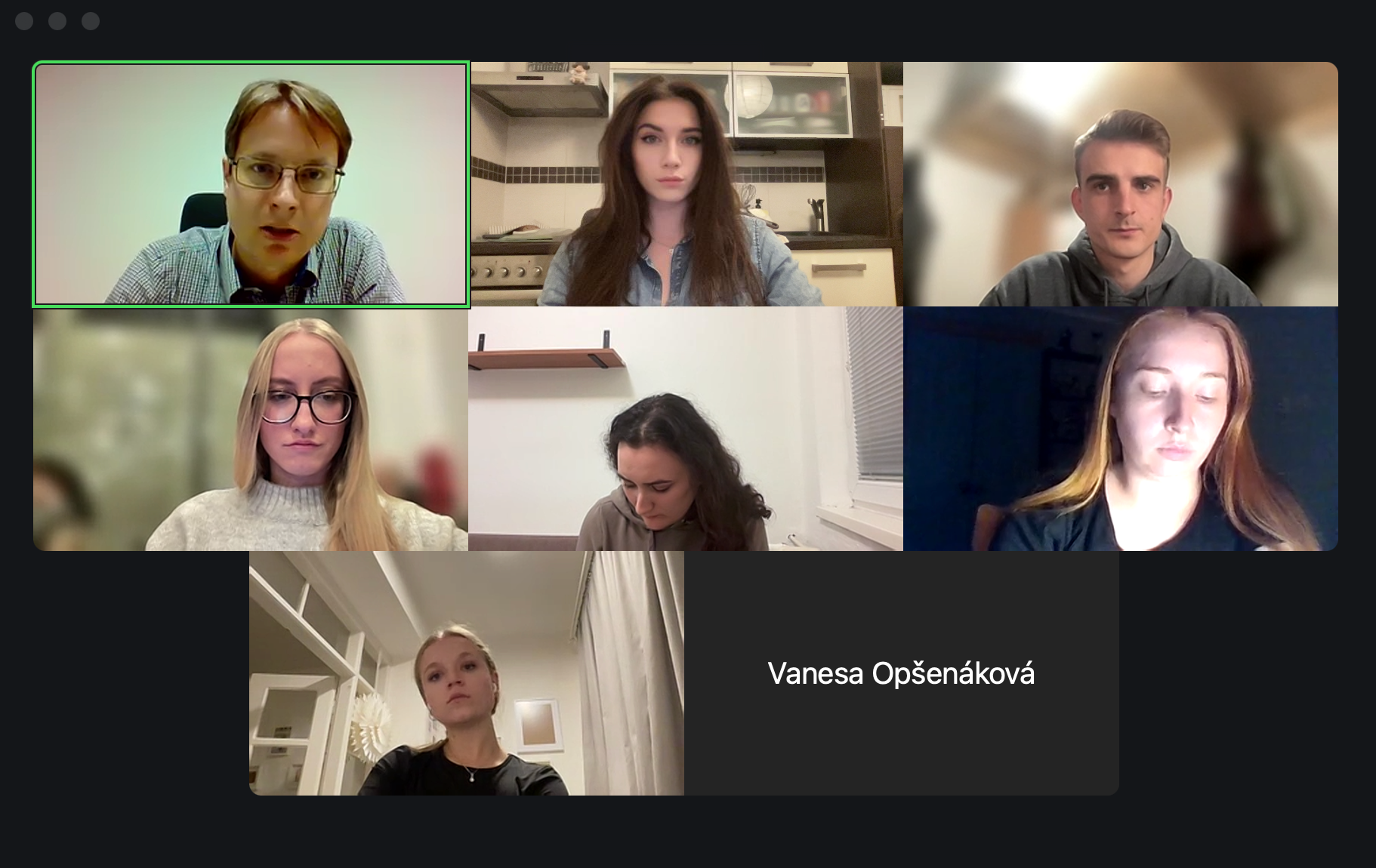WEBINAR: Elections in Georgia & Moldova Highlight Challenges for EU Integration in the Region
On October 30, 2024, Strategic Analysis organized the seventh online webinar this year with our Young Leaders‘ Programme members. The discussion focused on elections in Georgia and Moldova.
The recent elections in Georgia and Moldova have highlighted the significant challenges facing the European Union in its aim to expand membership to countries that lie within Russia’s sphere of influence. In Georgia, the ruling Georgian Dream party, which has been seen by many EU members as increasingly friendly towards Moscow, won parliamentary elections over the weekend. However, the vote was marred by reports of electoral irregularities, raising concerns among European leaders about the integrity of the process and casting doubt on the country’s EU trajectory.
In Moldova, a referendum narrowly approved the constitutional commitment to EU membership as a national goal, but it did not receive overwhelming support. Furthermore, pro-European President Maia Sandu now faces a runoff election on November 3 after failing to secure an outright victory. Her opponent, Alexandr Stoianoglo, is backed by traditionally pro-Russian groups, adding a layer of geopolitical complexity to the Moldovan election.
Leaders in both Georgia and Moldova who support EU integration argue that Russian disinformation campaigns and other forms of interference played a role in influencing the vote, though Moscow has denied these allegations. While Moldova may still have a viable path toward EU integration, the situation in Georgia is more uncertain, especially given the Georgian Dream party’s recent legislative moves that veer from the EU’s mainstream values.
Meanwhile, EU member states remain divided on how to approach Georgia and Moldova’s integration processes. While Baltic states such as Lithuania and Latvia have called for investigations into Georgia’s reported election irregularities, Hungary’s Prime Minister Viktor Orban, known for his Kremlin-friendly stance, congratulated Georgian Dream on their victory even before official results were confirmed.
The EU will soon face critical decisions regarding its approach to both countries. For Moldova, much hinges on the outcome of the November 3 runoff election. A Sandu victory could reinvigorate Moldova’s pro-European agenda, while a Stoianoglo win may steer the country closer to Russian influence. For Georgia, where a law requiring organizations receiving over 20% of their funding from abroad to register as foreign agents has already strained relations with the EU, the Georgian Dream’s continued dominance could complicate the country’s path toward EU membership.
Ultimately, these elections underscore the EU’s complex balancing act as it weighs its commitment to supporting democratic forces in both countries against Russia’s clear opposition to further EU expansion into its former sphere of influence.


Contact us